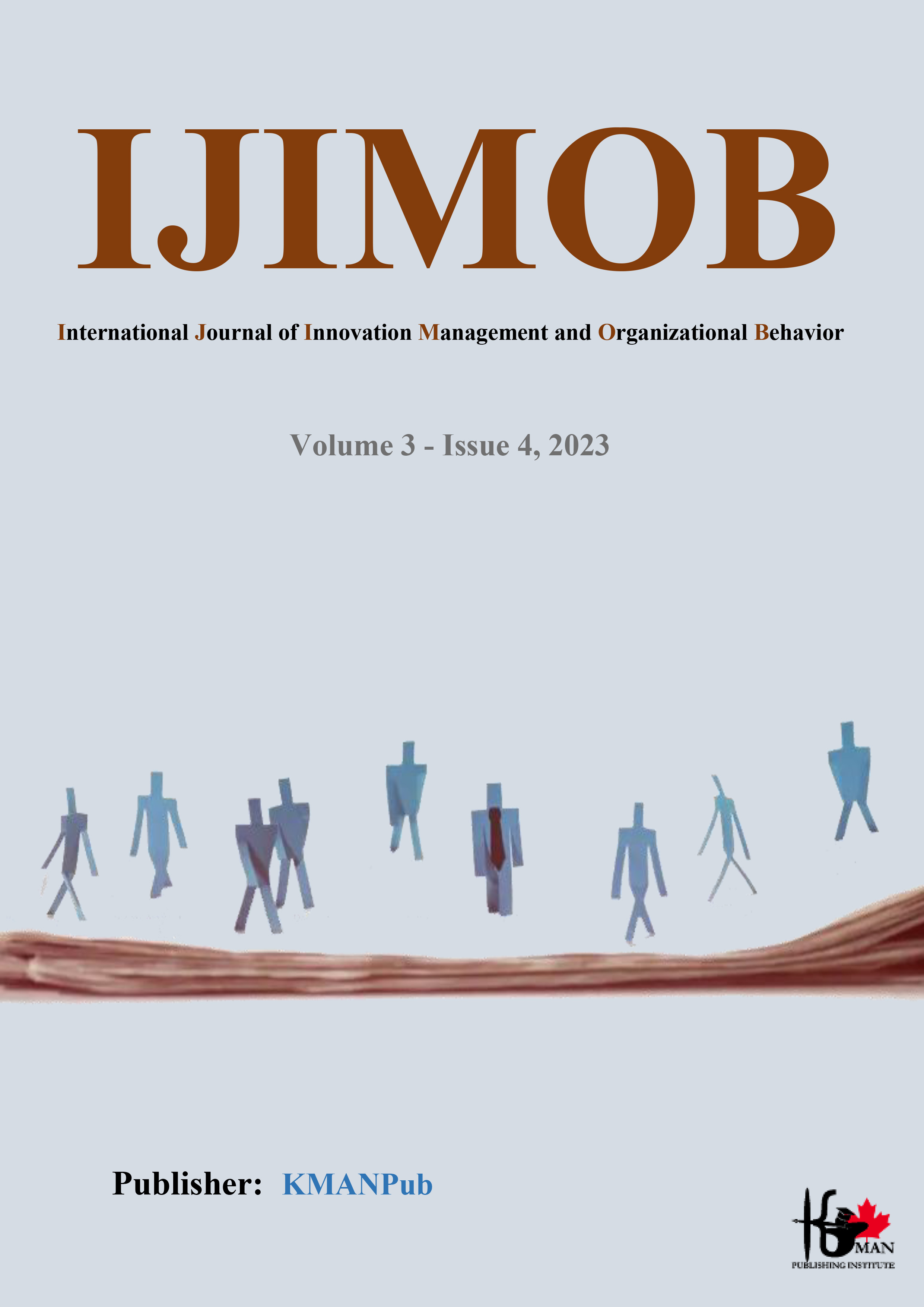Examining The Role of Innovation in Enhancing Technological Capability in Organizational Performance Using Structural Equation Modeling (Case Study: Agricultural Bank of Tehran)
Abstract
Objective: The aim of this research was to investigate the impact of innovation on enhancing technological capability in organizational performance.
Method: This study is practical in nature as its findings can be used by the Agricultural Bank of Tehran and is cross-sectional in terms of time. The research population consisted of headquarters managers and all senior branch managers of the Agricultural Bank of Tehran, totaling 32 headquarters managers and 460 deputy and senior branch managers, with a total of 115 branches. Therefore, the total number of senior managers is estimated to be 500. Accordingly, the sample size for this research is estimated to be about 217 individuals, based on Morgan's table. The sampling method used in this research was stratified random sampling. The data collection tool was a researcher-made questionnaire with 64 questions. The validity of the questionnaire was examined in terms of content validity and construct validity, and reliability was calculated using Cronbach's alpha. The conceptual model presented by the researcher was tested using structural equation modeling and the SMART-PLS software.
Results: Results showed that external stimuli have a significant positive impact on internal stimuli, open innovation, and closed innovation. Internal stimuli have a significant positive impact on closed innovation but no impact on open innovation. Also, open innovation does not affect technological capabilities. Closed innovation has a significant positive impact on technological capabilities, and technological capabilities significantly positively affect technology adoption. Ultimately, it was found that the impact of technology adoption on organizational performance is significant and positive.
Conclusion: The findings of this study provide valuable insights for managers and policymakers in the banking sector, particularly those looking to leverage innovation for technological advancement and superior organizational outcomes.
Downloads
Downloads
Additional Files
Published
Issue
Section
License
Copyright (c) 2023 Elahe Yazdan Panah, Alireza Rezghi Rostami, Rashid Zolfaghari Zafarani (Author)

This work is licensed under a Creative Commons Attribution-NonCommercial 4.0 International License.
















